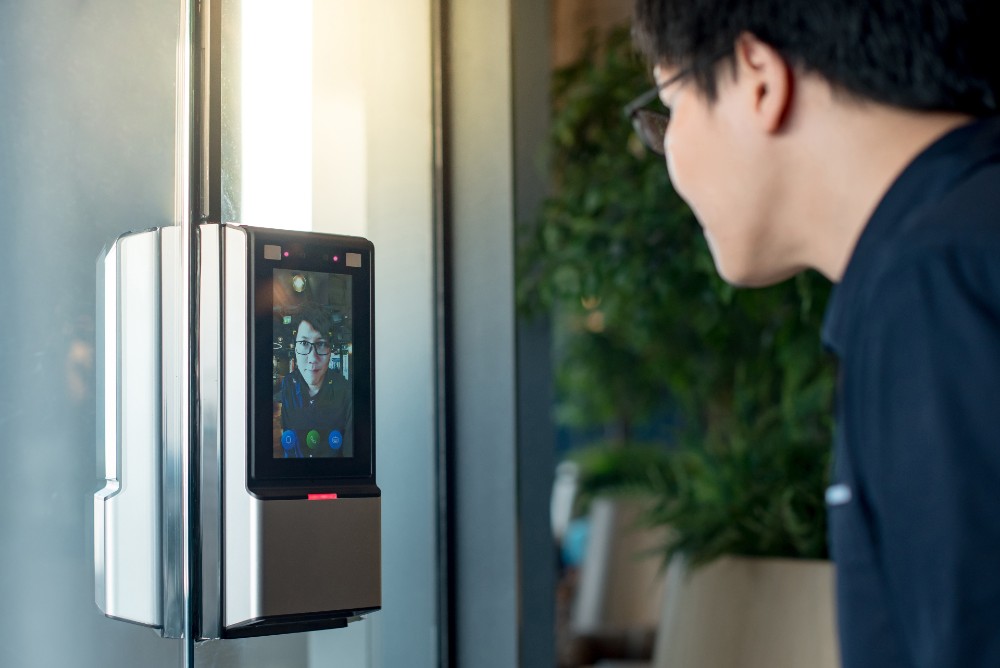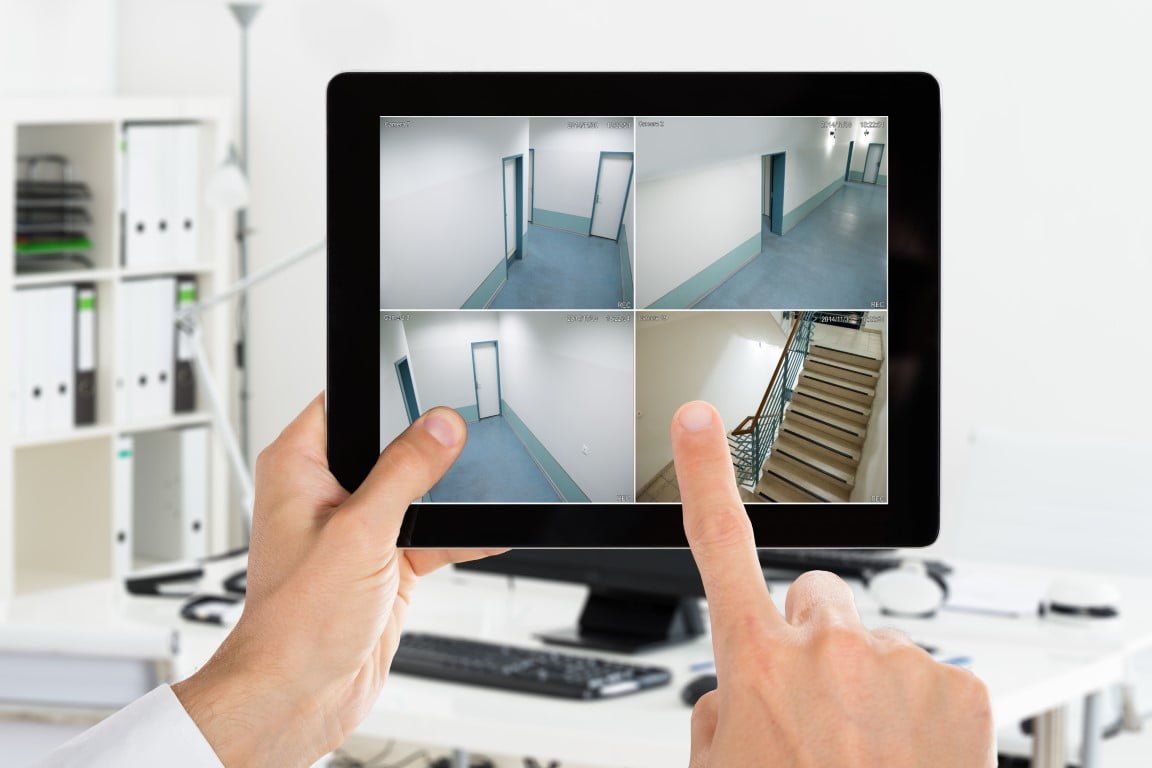-
How to Choose the Right Commercial Security System for Your Business
A robust commercial security system is crucial for protecting businesses from potential threats, safeguarding assets, and ensuring smooth operations. With modern security threats going beyond simple break-ins, it’s essential for businesses of all sizes to have comprehensive protection in place. Understanding Today’s Commercial Security Systems Today’s commercial security systems combine multiple components to create an impenetrable defence: These integrated components work together to form a security network that safeguards physical assets, sensitive data, and human resources. The right security system can effectively prevent theft, vandalism, and unauthorised access while also providing valuable business insights through monitoring capabilities. Factors to Consider When Choosing a Security System Selecting an appropriate security system…
-
Top Commercial Security Solutions to Protect Your Property in 2025
The world of commercial security is undergoing a significant change in 2025. Both digital threats and physical vulnerabilities have evolved, posing new challenges for protecting properties. Recent statistics show a 40% increase in sophisticated security breaches targeting commercial properties, emphasising the urgent need for advanced security solutions. Modern businesses are confronted with various complex threats: Fortunately, the rapid advancement of security technology offers powerful solutions to combat these emerging risks. Integrated security systems now combine artificial intelligence, blockchain verification, and 5G connectivity to establish strong defence networks. These intelligent systems can adapt in real-time to potential threats while streamlining operations through automated responses. To ensure comprehensive property protection, it has…

